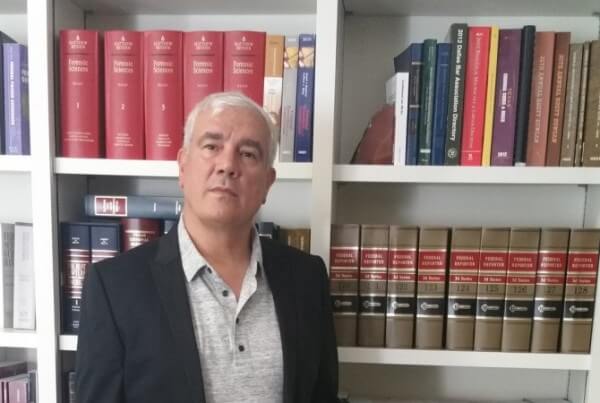Back in June of this year the Texas Court of Criminal Appeals addressed a case involving a conflict of interest. Criminal defense attorneys will find that conflict issues come up frequently. The writ of mandamus that the CCA heard in this case addresses conflicts of interest and provides some assurance as to what attorney’s can do to shore up any issues they may have with conflicts.
In Bowen v. State, a writ of mandamus was filed by a defense attorney representing a client on trial for Capital Murder. A principal witness in the case against his client was a jailhouse informant who happened to also be a former client of the defense attorney. The State moved to disqualify the attorney arguing that his ability to cross-examine his former client would be hampered because of the past representation. At a hearing on the State’s motion to disqualify, the attorney introduced into the record signed written waivers from both his client on trial for capital murder and the witness whom he formally represented. The trial court granted the State’s motion to disqualify the attorney.
The Court primarily looked to the Sixth Amendment as addressed by the Supreme Court in Wheat v. United States, 486 U.S. 153 (1988). In Wheat, the Court emphasized the question of whether or not an actual conflict exists. The Court held that trial courts must, “recognize a presumption in favor of [a defendant’s] counsel of choice, but that presumption may be overcome not only by a demonstration of actual conflict but by a showing of a serious potential for conflict.” Id. at 164. In absence of an actual conflict, the court gives great weight to a waiver.
The Court in the Bowen case held that the decision to disqualify the attorney was a clear interference with the defendant’s Sixth Amendment right to counsel and that there had been no evidence of the existence of an actual conflict. Ultimately, the Court held that the waiver that had been signed was sufficient in this case to preclude disqualification of the attorney.
It is a “must” in the defense world to obtain waivers when facing potential conflicts of interest. Even in a Capital Murder case, a waiver can be effective to disclaim the conflict. This case does not make waivers the “end-all, be-all,” but it does show the legal world that the court will give great deference to waivers and a defendant’s Sixth Amendment right to the counsel of their choice.










